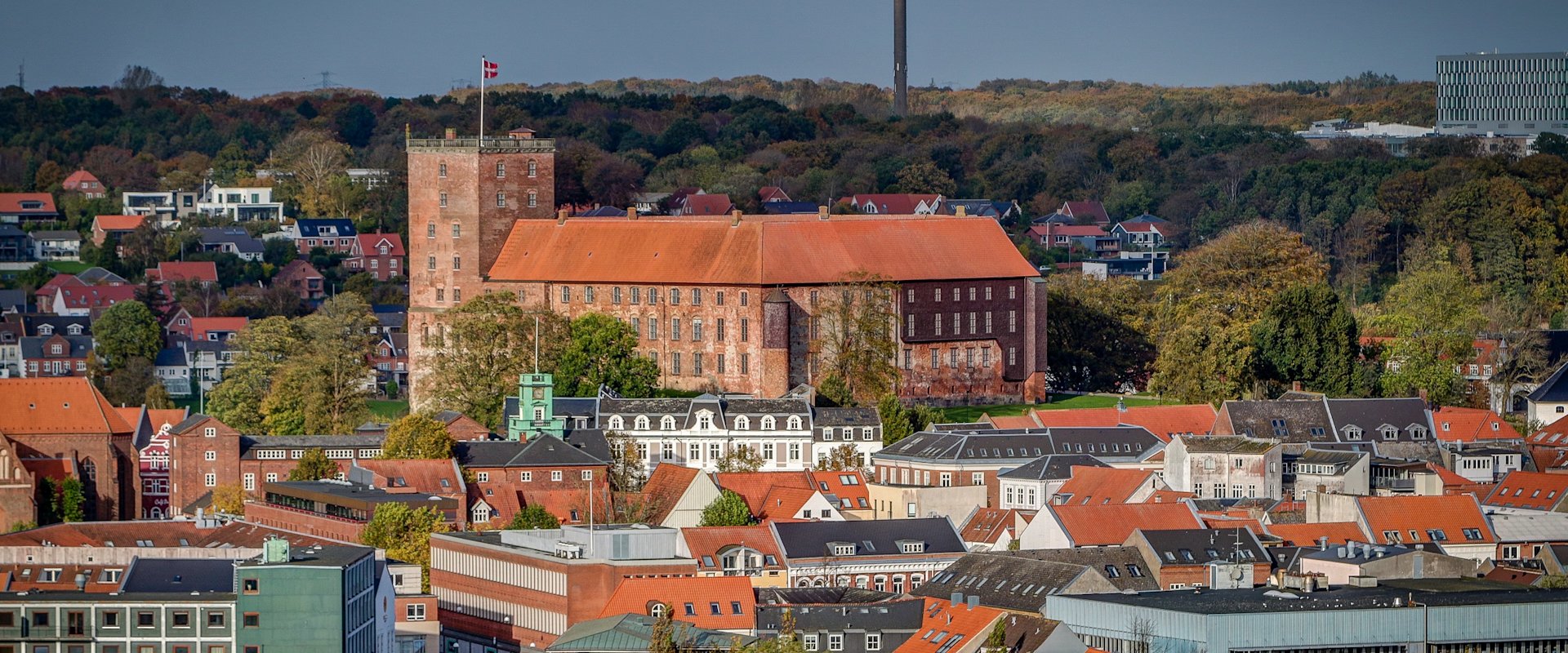What to remember - step by step
To ensure a legal stay in Denmark, there are several steps for non-Danish citizens to consider and remember.
The rules for entering Demark can vary depending on where you come from. Learn more about your situation below:
Where are you from?
As a Nordic citizen of Finland, Iceland, Norway or Sweden, you have the right to register your residence after 3 months uninterrupted stay in Denmark. You have a duty to register you residence in Denmark after 6 months stay or if you plan to stay longer than 6 months.
This can be done at Borgerservice (Citizen Service) at Nytorv 1, 6000 Kolding.
NOTE: that you have to book a time at Borgerservice.
Nordic nationals may enter Denmark without a passport, but you must always be able to identify yourself by means of, for example, a driver’s license, a passport.
As an EU citizen, you may freely enter Denmark and remain for up to three months without an EU residence document. If you are a job seeker, you may reside in Denmark for up to six months without a residence document. The three and six month periods are calculated from the date you enter Denmark.
Read more at Registering as a EU citizen to find your options how to obtain a residence document.
Please note that the Danish Immigration Service administers this area.
Read more and find their contact information at New to Denmark .
You can find more information about registering as a non-EU citizen here .
I am registered, then what?
There are many things you need to do once you have registered. To give you the best possible start in Kolding, is here a list of things you need to consider:
It is important that you register with SKAT (Danish tax authority) when moving to Denmark. SKAT administers your taxes.
It is a good idea to check out the SKAT website (link below) to stay up-to-date with Danish tax rules
When you work in Denmark, you have to pay income tax. Apply for a tax card online by completing form 04.063 .
For further questions or information, you should contact SKAT directly - find their contact info here .
Residents of Denmark are issued a CPR number (civil registration number) by the Danish Civil Registration System. CPR is an abbreviation for Central Person Register.
The CPR number is essential when you are in contact with the Danish authorities, such as SKAT (tax authorities) social, and health services.
Find more info about how to get a CPR on the following pages:
Registering as a EU/EAA citizen
Registering as a Non-EU citizen
Before going to the Citizen Service in Kolding Municipality you can apply for the CPR by filling out this online application form. After filling out the form you must visit Citizen Service in Kolding to complete your registration.
Once you receive your Danish CPR number (civil registration number) from the Danish Civil Registration System, you will receive Digital Post from the public authorities.
Learn more about digital post at lifeindenmark.dk .
As a resident of Denmark, public healthcare is provided free of charge to you. However, you will need to pay for medicine and dental treatment.
When you register in Denmark, Borgerservice (Citizen Service) will order a Danish health insurance card (the yellow card) for you. At the same time a general practitioner (GP) will be assigned to you based on which GP is closest to your place of residence.
The yellow health insurance card is only valid in Denmark. You will need a separate (blue) European Health Insurance Card (EHIC) when traveling within the EU/EEA.
As a citizen of a country in the EU, the EEA or Switzerland you can order an EHIC for free online at borger.dk with your NemID. Find the link at this site .
Citizens of countries in the EU, the EEA or Switzerland must inform Udbetaling Danmark about their health insurance situation when reciding in Denmark.
Udbetaling Danmark needs to know if you will be covered by your former health insurance country when you use the Danish healthcare system during your stay in Denmark.
Please submit this information immediately upon completing your registration with the Danish civil registration system.
For further information please visit www.borger.dk/ sygesikringsland (forms available in several languages).
If you are considering registering as a cross-border commuter, you need to pay special attention to specific aspects of your residency in Denmark.
You are a cross-border commuter (also known as a frontier worker) if you live in another EU/EEA country and work in Denmark. There are several definitions, so please note that the term “cross-border commuter” may mean something different in another context, for example with respect to tax law.
Read more about cross-border commuters at lifeindenmark.dk .
Opening a Danish bank account is a good idea when living and working in Denmark.
When opening a bank account, you are required to register it with the authorities as a NemKonto, which is an account that allows employers (salaries) and public authorities (social welfare benefits) to make payments directly into your NemKonto account.
Similar to shopping for a bank in many other countries, it is advisable to shop around to find the bank that suits you best. There are large banks and smaller regional banks to choose from. Some banks have many branches, whilst others have few. Most banks provide e-banking in English.
TIP: Before visiting a bank, call ahead to find out which documentation they require to open an account.
In some cases, moving to Denmark may require you to exchange your foreign driving license for a Danish driving license. Read more about foreign driving licenses at lifeindenmark.dk .
To exchange your driving license, visit any Borgerservice (Citizen Service).
In Kolding, Borgerservice is located at Nytorv 1, 6000 Kolding. See this page for opening hours. NOTE: you need to book a time to come to Borgerservice (Citizen Service).
Call ahead at (+45) 79 79 79 77 .
The Motor Vehicle Agency (Motorstyrelsen) administers this area. Read more about it at their website .
If you permanently leave Denmark, you are required to follow a specific procedure, which ensures that you are no longer registered as a resident in Denmark.
Read more about practical matters before leaving at lifeindenmark.dk .
Please note that going abroad more than six months are considered permanently leaving Denmark.
If your stay abroad lasts six months or less, you are entitled to remain registered as a resident of Denmark if, during your stay abroad, your residence in Denmark is fully available to you.
Read more about going abroad can affect your registration in Denmark at cpr.dk

